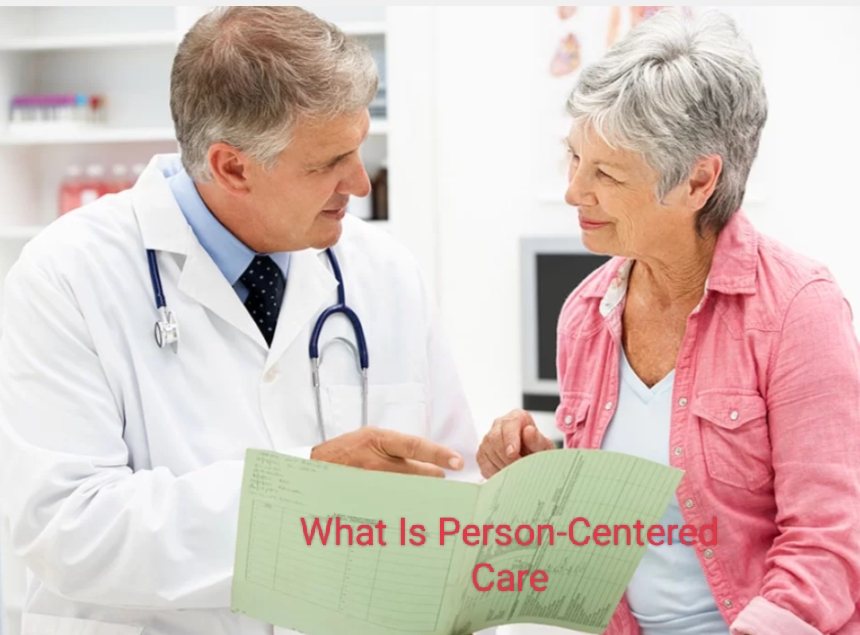
When you are looking for a care home for yourself or a family member, your search will usually begin online. Scrolling through the websites, you will likely come across a phrase that, unless you have worked in care, is going to intrigue you or puzzle you: person-centered care.
It may seem, on the face of it, an obvious conclusion for caring for people; shouldn’t all care be person-centered? In an ideal world, yes, it should, and while it is becoming the norm (especially in elderly and psychiatric care), there are some things that make it a bit different than simply caring for someone. So, read on to learn about what those differences are.
Defining Person-Centered Care
Starting with a definition, person-centered care is a holistic approach to healthcare. It is focused on the individual’s unique needs, preferences, and values. This approach recognizes that each person is unique and has their own goals, values, and beliefs and that they should be at the center of their own care. That’s great, but what does that look like in a care setting like a Signature care home in Hendon?
Collaborative Approach
Person-centered care involves a collaborative approach between the individual, their family or support network, and their healthcare team, which will typically include nurses, doctors, support workers, and cleaners. Yes, they are part of the care plan, too, as they are going to be involved in the running of the care home! All parties work together to identify the individual’s unique needs, preferences, and values, and to develop a care plan that reflects these and helps the person to feel safe, listened to, and at the peak of their physical and mental health.
Active Listening
Active listening is an essential component of person-centered care, and while it is associated with mental health care, it is becoming more common across all areas. Healthcare providers take the time to listen to the individual, understand their concerns, and involve them in decision-making about their care.
Holistic Care
Person-centered care is holistic and recognizes that an individual’s health and well-being are influenced by many factors, including physical, emotional, social, and cultural needs. Healthcare providers consider all of these factors when developing a care plan and will base outcomes or activities on these factors to help a person get better or to maintain their health.
Respect and Dignity
Person-centered care is based on the principle of respecting the individual’s rights, choices, and dignity. So, as unpleasant as it may seem as an idea, this type of care means that should you or your elderly relative become unable to dress, this process will be done behind closed doors, in their room, without any of the other residents seeing, thus allowing them to maintain their dignity. Healthcare providers are attentive to the individual’s preferences and ensure that they are treated with respect and compassion.
Flexibility and Adaptability
This collaborative care approach recognizes that an individual’s needs and preferences may change over time. Healthcare providers remain flexible and adaptable to these changes and modify the care plan as needed to ensure that the individual’s needs are being met.
